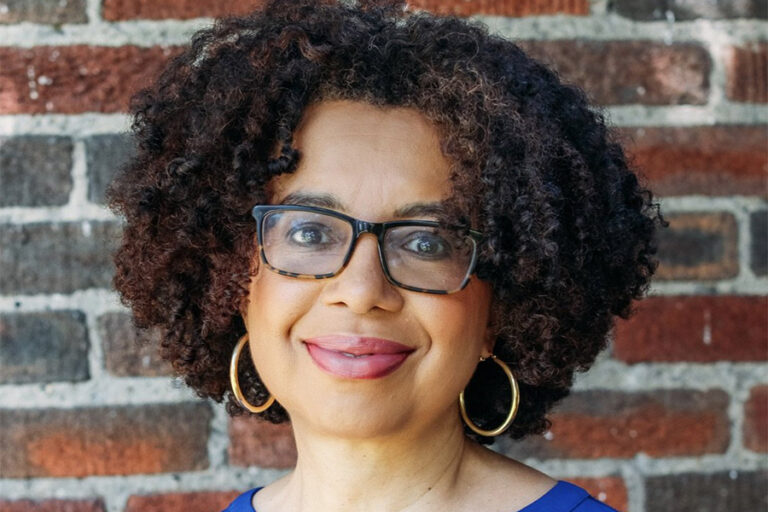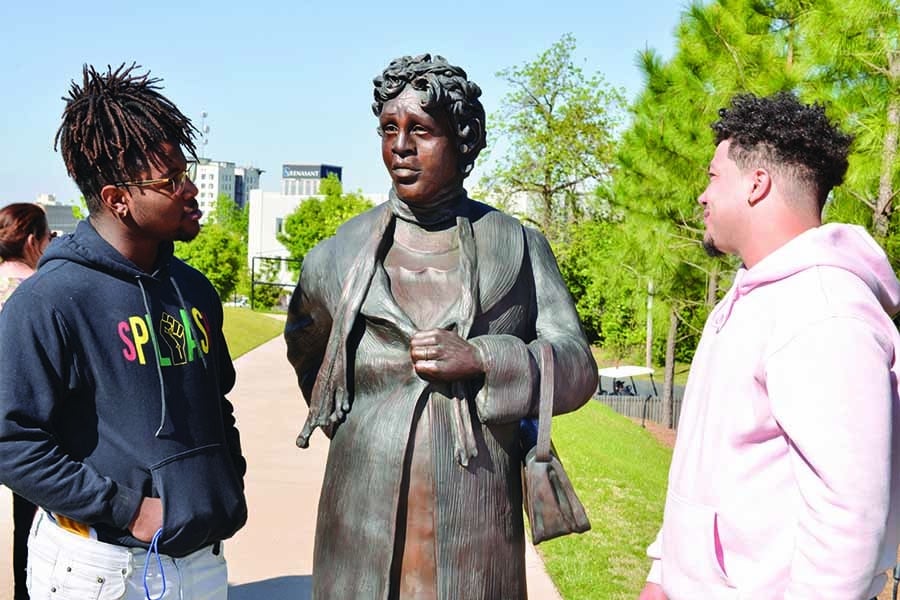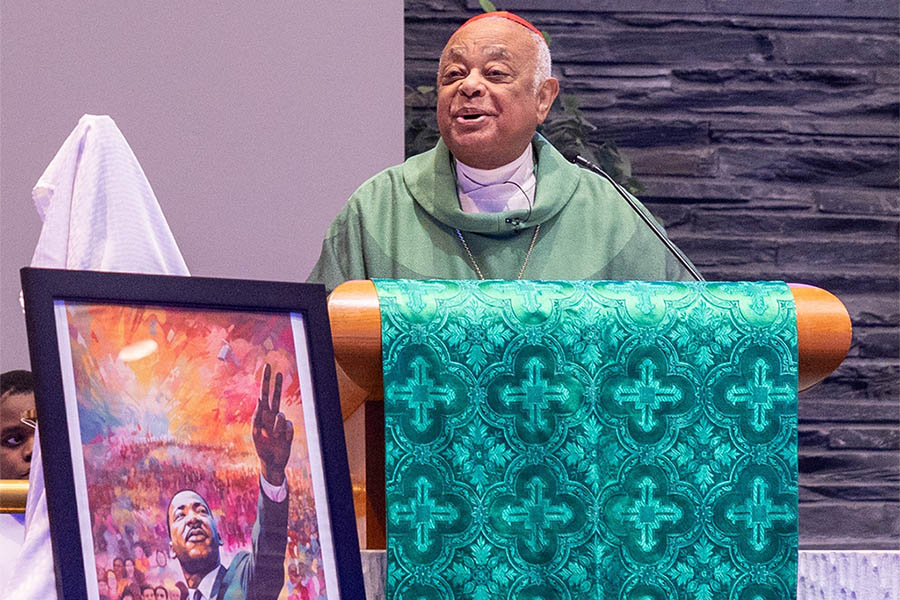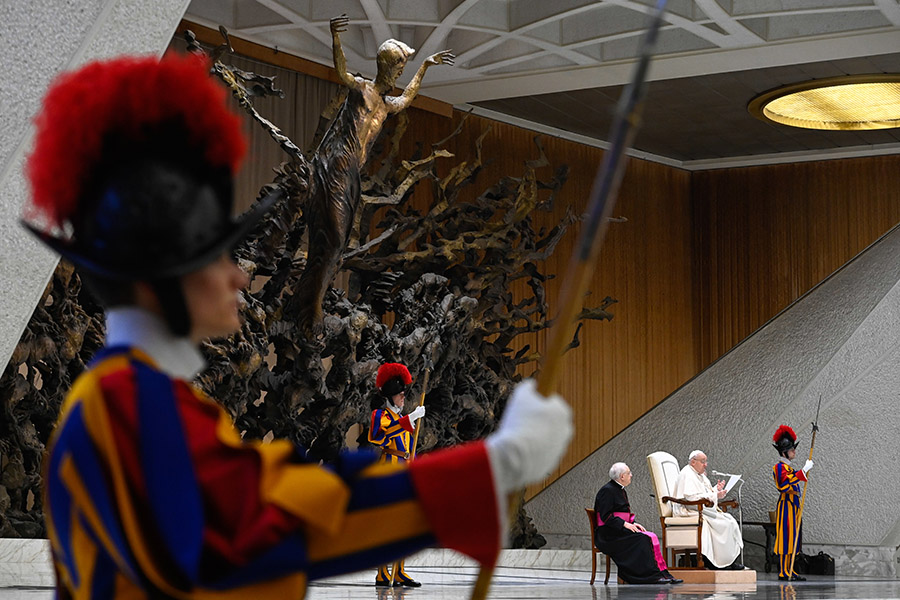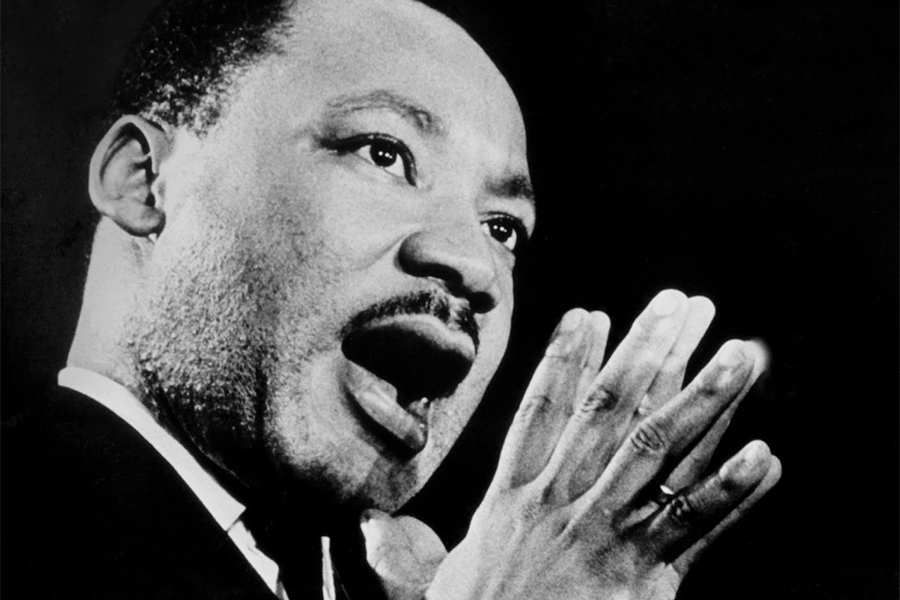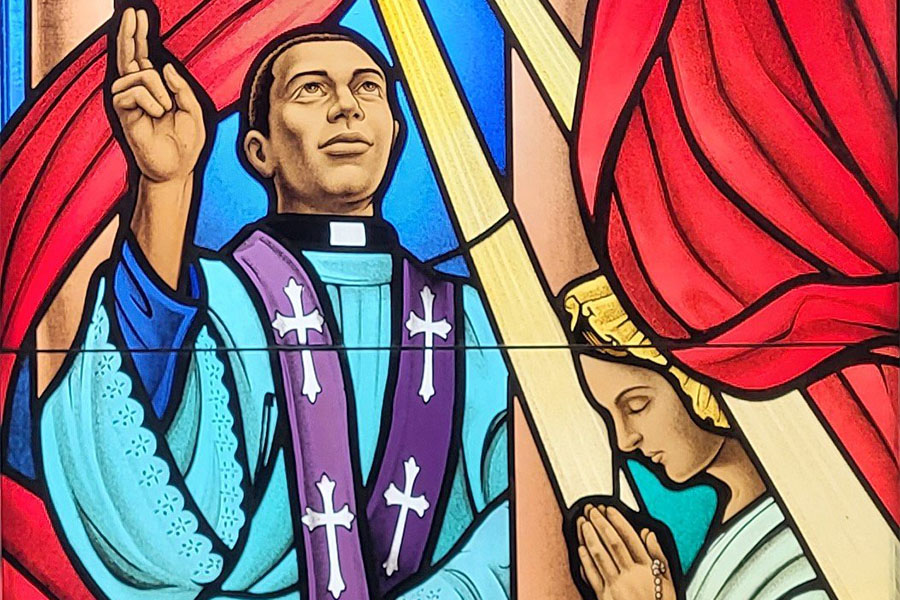WASHINGTON (OSV News) — Since 2016, Rachel L. Swarns has been researching Georgetown University’s involvement in the slave trade, including the 1838 sale of 272 enslaved people to help pay off debts the Jesuit priests incurred in running the university.
There were some detours along the way. A pandemic for one. A career (and literal) move from Washington for another, leaving her job in The New York Times’ Washington bureau to be a professor at New York University.
But the story needed to be told. That’s what happens with “The 272,” Swarns’ new book published by Random House that details events in the decades leading up to the 1838 sale and what followed.
The attitudes and conduct of some of the Jesuits depicted in the book is grim stuff — the kind of stuff that could make somebody think long and hard about their relationship with a church whose representatives engaged in slavery.
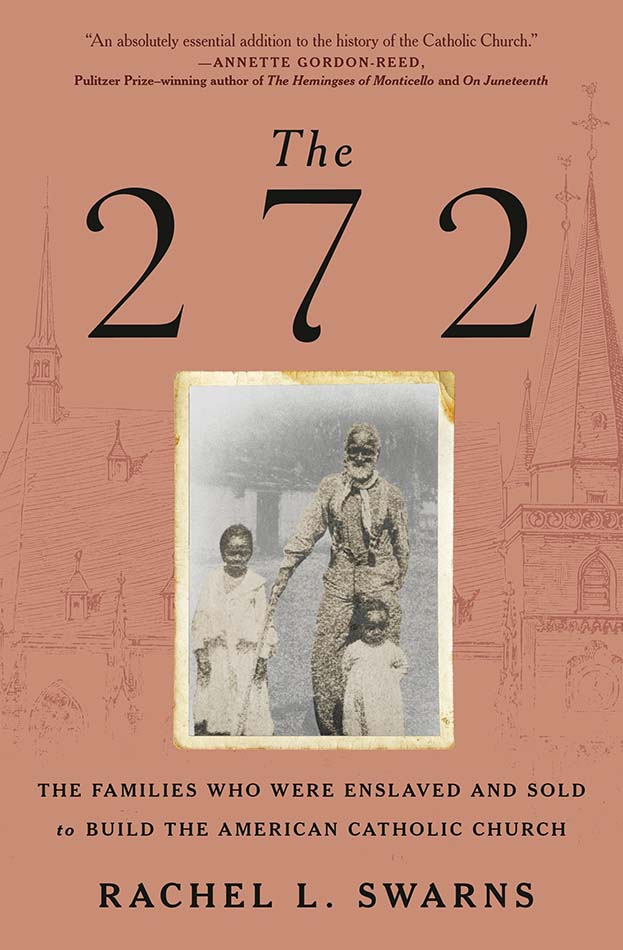
But Swarns, herself a Black Catholic, said that for her, she persevered in the Catholic faith.
“The truth is, the kind of crazy thing is, it has not shaken my faith. In a lot of ways, it has deepened my faith,” she said in an interview with the Catholic Standard, newspaper of the Archdiocese of Washington. “Unearthing the story of these people, these enslaved people, whose forced labor and the sale of their bodies helped to build the Catholic Church — it’s a story of heartbreak, yes, but it’s a story of family and love and faith.
“You wouldn’t have thought that a number of these — most, maybe — maybe all of these families would have given up on the church that betrayed them. But they didn’t. They stayed,” she added.
“Not only did they stay, but some of them became religious leaders and lay leaders in the church and worked to make the church truer to its own core. a truly universal church, reflective of the people it served, including the Black parishioners. That, to me, is inspiring, and it’s heartening to know that as an African American woman, that Black people, this saga of Black Catholics in the church, it’s pretty inspiring to me as a Catholic.”
Enslaved people, Swarns said, “had largely been left out of the origin story. We don’t know that story. But now people know, and will know.”
Swarns’ sentiments are shared by Jeremy Alexander. A Chicago native, he and his wife and family packed their things and moved to the District of Columbia where Alexander found a job working for the dean of the medical school at — ironically — Georgetown.
Alexander is one of thousands of descendants of “The 272,” whose numbers have risen into the 310s due to additional research since Swarns broke the story in 2016. Born and raised a Catholic, Alexander knows that “one of the conditions of the sale was that the slaves could practice within the Roman Catholic faith, and that’s why I’m still Catholic today.”
The revelations of the Jesuits’ actions 185 years ago did not alienate Alexander from the church. “I’ve been always Catholic and I will always be Catholic,” he declared, recalling an April 2017 “Liturgy of Remembrance, Contrition and Hope” for descendants at Georgetown University’s Gaston Hall with Jesuit Father Timothy Kesicki, then the president of the Jesuit Conference of Canada and the United States.
“When he said, ‘Through my fault, through my fault, through my most grievous fault,’ he asked for forgiveness. What we as Christians — as I’ve always said before about forgiveness and accepting and being ready to forgive — it’s how we move forward,” Alexander said.
Many Black Americans find it hard, if not impossible, to trace their family history back very far. Slavery is the chief culprit.
“Writing about enslaved people is not an easy thing,” Swarns said. “If you’re writing about folks in the 19th century, you’re often looking for the typical things: letters, journals, newspaper articles, etc. But enslaved people were typically, by law and by practice, barred from learning to read and write. Their lives were not covered in any kind of fullness in newspapers. So you are basically weaving together fragments.
“I was lucky in the sense that the Jesuits were good record-keepers, right? So they were letter keepers, and they spoke of the people they held captive. And so you might be looking for these kinds of records: courthouse, archives, libraries, wills, estate records, property records, sacramental records. So it’s painstaking work.”
The very thought that 19th-century priests bought and sold people really flummoxed Swarns.
“I had no idea!” she said. “I was astounded. Remember that I had originally written a book about slavery before. I had written a book (‘American Tapestry’) about (former first lady) Michele Obama’s enslaved ancestors. I had a better-than-average familiarity with the 19th century. That priests participated in the American slave trade?”
For readers looking for villains, Swarns suggests Jesuit Father Thomas Mulledy, “a brilliant kind of strategist for the Jesuits and for Georgetown. He was an Irish-American priest who grew up with slaves in his own family — his father owns a few. … He went on to become president of Georgetown and the Jesuit province. He could see that his rural plantation was not the future.”
Mulledy, according to Swarns, “wanted the Jesuits to be in the lead (in the cities), to move with the tide, and of course, he was right, but the way that the decided to do this, to establish the Jesuits along the Eastern Seaboard and to build — but to sell off their assets, their property, 272 men, women and children. He was successful at doing that at a terrible, terrible cost.
“The 272” also has a flawed hero. “In the history of Catholic slaveholding, Joseph Carbery is a real interesting priest who was in charge of one of the (Jesuit) plantations in Southern Maryland. He is one of the people who emerges as someone who saw things quite differently,” Swarns said. “He saw the skill and the humanity of the people he was keeping in bondage. When he protested the sale, and when the slave traders came, he urged them to run. And when they came back, he put them back in slavery. So it’s complex.”
Swarns’ own family tree has some missing limbs.
“My mother’s side emigrated to the United States in the ’50s from the Bahamas, and my father’s family is from North Carolina. I can trace them back to the late 1860s,” she said. “The earliest record I have is of one of my father’s ancestors registering to vote, which is a meaningful one for me.”
Read More Racial Justice
Copyright © 2023 OSV News

